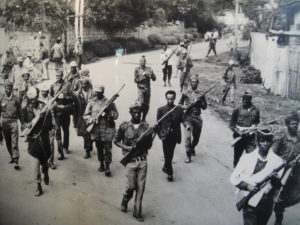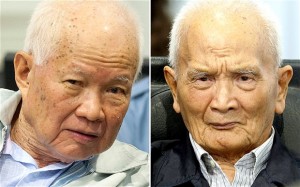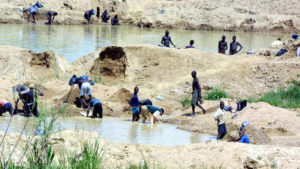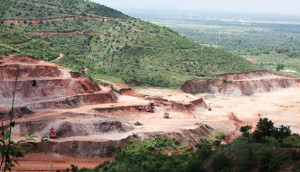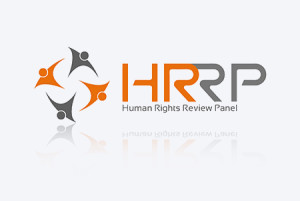 The Human Rights Review Panel (HRRP) has issued its fourteenth newsletter. The newsletter comprises a detailed analysis of the Panel’s decisions between August and October 2016.
The Human Rights Review Panel (HRRP) has issued its fourteenth newsletter. The newsletter comprises a detailed analysis of the Panel’s decisions between August and October 2016.
The newsletter also highlights the meetings that the HRRP held with officials and international organisations. The Panel met with the Head of the EULEX Mission in Kosovo. Meetings with EULEX representatives are essential for the cooperation between the Panel and EULEX as the HRRP’s mandate is to review alleged human rights violations by the European Union Rule of Law Mission in Kosovo (EULEX) in the conduct of its executive mandate. The Panel will look into whether a violation of human rights occurred or not and formulate recommendations for remedial action.
The Panel also met with the European Union Special Representative in Kosovo as well as with the European External Service (EEAS) and the Committee for Civilian Aspects of Crisis Management, (CivCom). The discussions concerned the caseload of the Panel, the implementation of the decisions of the Panel by the Head of Mission and the future legacy of EULEX Kosovo as well as the legacy of the Panel.
This year, the Panel reviewed some twenty-two cases and it has found that EULEX Kosovo committed nine human rights violations. There are currently fifty-seven cases pending before the Panel.
iLawyer Dr. Guénaël Mettraux is a member of the Panel.

